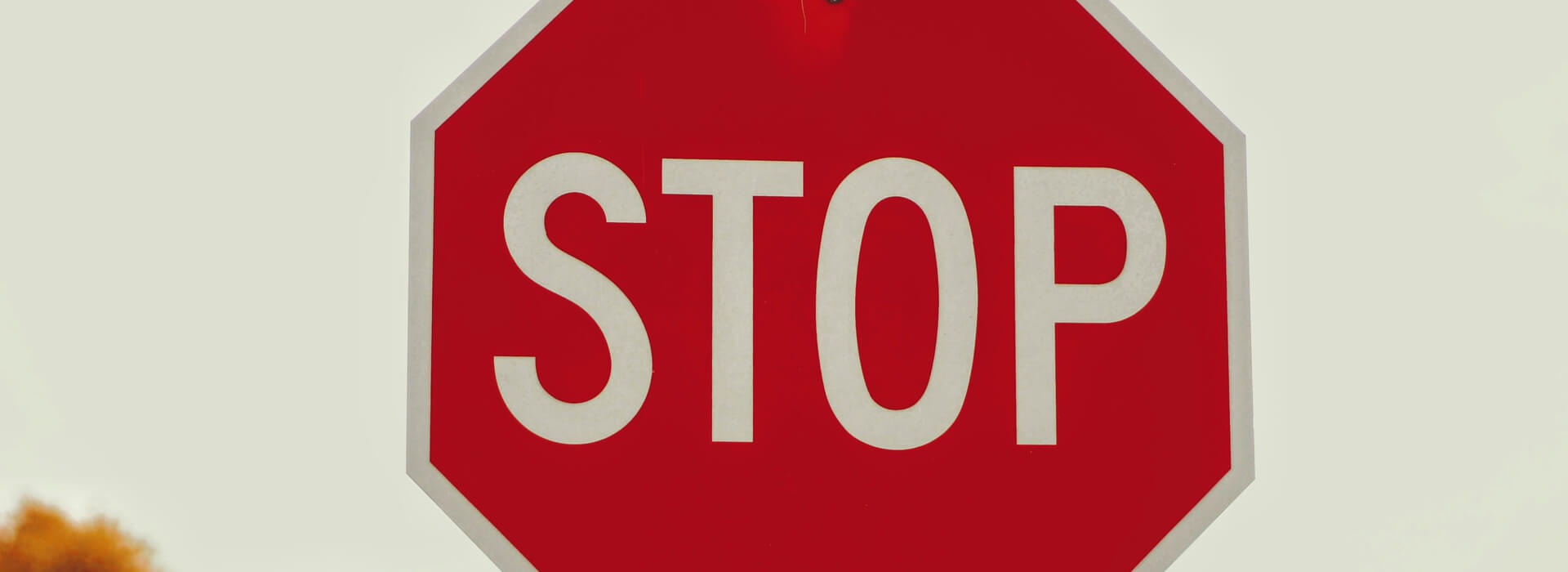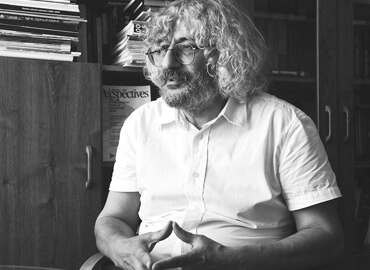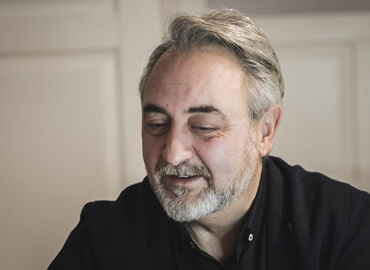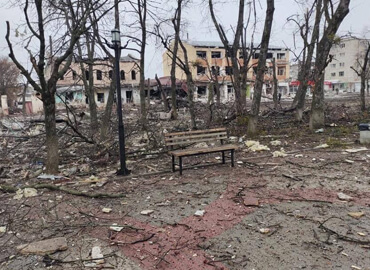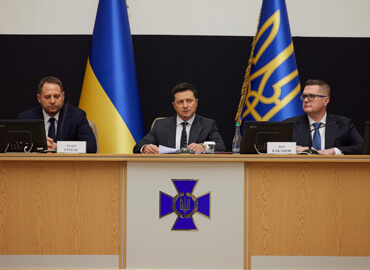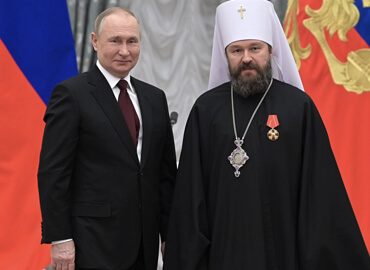More recently, migrants who do not have any documents giving the right to enter the EU have appeared on the Russian-Finnish border. At the same time, the border authorities of Lithuania, Latvia, Poland have been recording a weakening of tension in border areas. Reform.by asks iSANS expert Anton Hluski why the situation is developing in such a way and whether it can be said that the Belarus-EU border crisis is coming to its end.
“When Finland announced its accession to NATO, the situation was not shaping up well for Moscow. Russia had been weakened by its battlefield setbacks in Ukraine and alarmed by the economic sanctions. As the country was seeking to soften the West’s reaction, it made some concessions, i.e., by concluding a grain deal. Over the course of a year, the situation has changed: Russia repelled the Ukrainian counter-offensive, its economy gained strength, and its position in Europe improved. The West wasted a good chance and failed to put pressure on Putin, and now the Russian leader has the opportunity to create new tension points. Finland has become one of them. Furthermore, Russia craves for questioning NATO’s ability to protect its member states. For over two years, the borders of Poland, Lithuania, Latvia (i.e. EU and NATO members) have been exposed to a longstanding hybrid attack in which the Belarusian side has been using migrants, but it is the the first time that such an attack has been carried out against Finland directly from the territory of Russia,” he says.
At the same time, the expert does not think that the flow of migrants to Poland, Lithuania, Latvia via the territory of Belarus will stop.
“Russia will be committed to maintaining migration channels through both Finland and Belarus. In addition, given that it is willing to keep the migration crisis ball rolling, remaining a player in the Middle East is very important to the Kremlin. If we go back a few years, it was the mass bombings of Syrian cities that gave a start to the migration crisis, and since then the region has been one of the main sources of migrants who create tension in the south of Europe. One can say that there are more directions of migration pressure. Until recently, Finland remained one of the few places where the migration situation was relatively calm. But this story is over,” Hluski stresses.
According to him, Lukashenka and Putin are not interested in establishing an ‘iron curtain’, but the measures Western countries are taking in response to their staging a migration crisis do not frighten them.
“It may be said that Putin and Lukashenka are OK with the current sanctions and the present-day amount of closed border crossing points. Of course, it has become more difficult for ordinary people to travel; a great deal of previously available options are now unobtainable, and a lot of horisontal connections have been broken, but such a reverse only plays into the two dictators’ hands. As long as the transit and exportation of goods through the territory of Belarus are in progress, they have nothing to worry about. What is more, there are extensive opportunities to circumvent sanctions and arrange parallel imports. In these settings, Putin and Lukashenka might well keep acting like that in an effort to make the United States and the EU establish a dialogue and go to the length of revising the international order in Europe, i.e. they are eager to come up with a ‘new Yalta’. In pursuance of their aim, the both leaders strive to get a weak and inconsistent West that will recognise their political status, interests, and influence. That is, their ultimate goal is not waging a cold war, but, perhaps, having more open and balanced relations with the European Union; however, Putin and Lukashenka want these relations to be built under their own dictation,” the expert concludes.
The article in Russian is available at Reform.by



